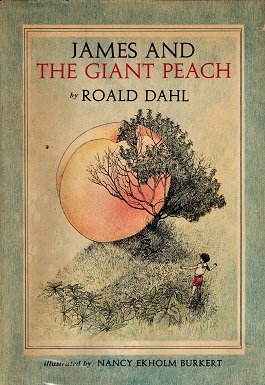Patrick White
Explore the timeline of Patrick White, an influential Australian author and Nobel Prize laureate. Discover key moments in his life and career, from his early years and education, through the publication of his celebrated novels, to his lasting impact on literature.
Birth of Patrick White
Patrick White, one of Australia's most celebrated novelists and playwrights, was born on May 28, 1912. He is credited with advancing the status of Australian literary culture and is renowned for his narrative techniques and depth of character exploration. Throughout his illustrious career, Patrick White produced numerous acclaimed works, contributing significantly to Australian and world literature.
Patrick White Graduates from University
After spending time in both Australian and British education systems, Patrick White graduated from the University of Cambridge in 1935. He studied English literature, a field that would later inform his prolific career as a novelist and playwright. His education at Cambridge provided him with a solid foundation in literary tradition, which he later integrated into his own works.
First Novel Published
Patrick White published his first novel, "Happy Valley," in 1941. This marked the beginning of his professional writing career. The novel received positive critical attention, establishing White as a promising new voice in literature. It laid the foundation for his future works, which would explore complex themes and characters, and display his unique style.
Publication of "Voss" by Patrick White
Patrick White published "Voss" in 1957, a novel inspired by the life of the German explorer Ludwig Leichhardt. "Voss" is acclaimed for its exploration of themes such as existentialism and human obsession. The novel is considered one of White's masterpieces, reflecting his prowess in creating vivid, philosophical, and complex narratives.
Publication of "Riders in the Chariot"
"Riders in the Chariot," published in 1961, is one of Patrick White's most celebrated novels, known for its intricate storytelling and exploration of human spirituality and redemption. The novel won the Miles Franklin Award, further cementing White's status as a leading literary figure in Australia and reinforcing the global significance of his work.
Nobel Prize in Literature
Patrick White was awarded the Nobel Prize in Literature in 1973, making him the first Australian to receive this prestigious award. The Nobel Committee recognized him for his epic and psychological narratives, which introduced a new continent to literature. This achievement brought international acclaim to White and highlighted the richness of Australian literature.
Publication of "The Twyborn Affair"
In 1979, Patrick White published "The Twyborn Affair," a novel exploring themes of identity and gender. The narrative is structured around the lives of three personas of the protagonist and is noted for its innovative style and depth. The novel received critical acclaim and was shortlisted for the Booker Prize, exemplifying White's continued influence in literature.
Publication of "Memoirs of Many in One"
Patrick White published "Memoirs of Many in One" in 1986, an inventive work blending fiction and autobiography. This novel, narrated by a fictional persona, reflects White's creative exploration of narrative form and provides insight into his views on memory and identity. It received acclaim for its literary artistry and introspective nature.
Death of Patrick White
Patrick White passed away on September 30, 1990, at age 78, in Sydney, Australia. His death marked the end of an era in Australian literature. White left behind a rich legacy of novels, plays, and essays, deeply influencing Australian cultural and literary landscapes. His contributions continue to be celebrated for their intellectual depth and aesthetic innovation.
Publication of Patrick White's Letters
In 2006, "Patrick White: Letters," edited by David Marr, was published, providing insights into White's private thoughts and inspirations. The letters reveal his perspectives on life, literature, and the world around him, offering fans and scholars a deeper understanding of the man behind the celebrated works. The publication was widely reviewed and appreciated.
Frequently asked questions about Patrick White
Discover commonly asked questions regarding Patrick White. If there are any questions we may have overlooked, please let us know.
What is one of Patrick White's notable works?
When was Patrick White born?
When did Patrick White pass away?
Which major literary award did Patrick White win?
Related timelines
More timelines connected to Patrick White







